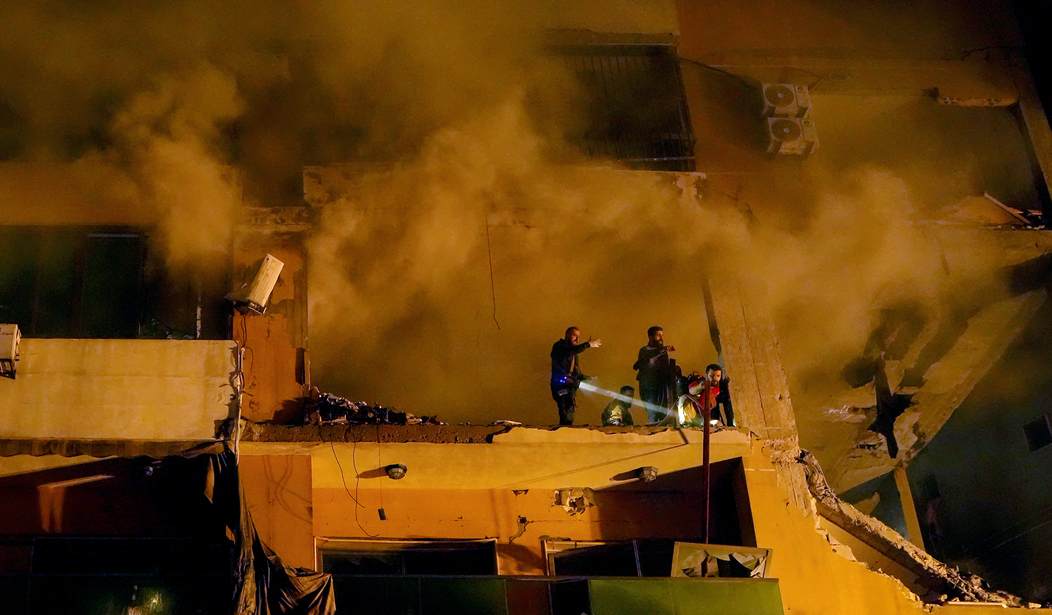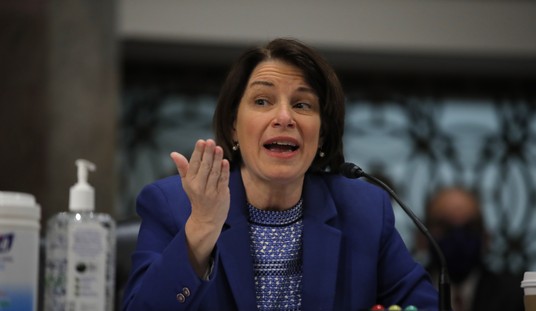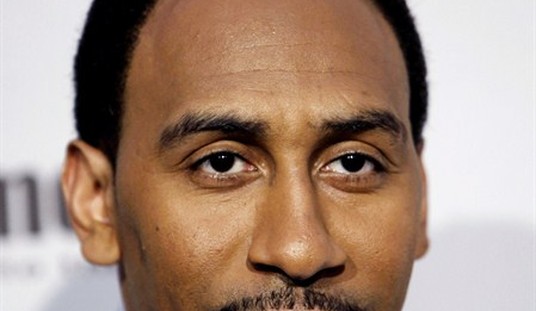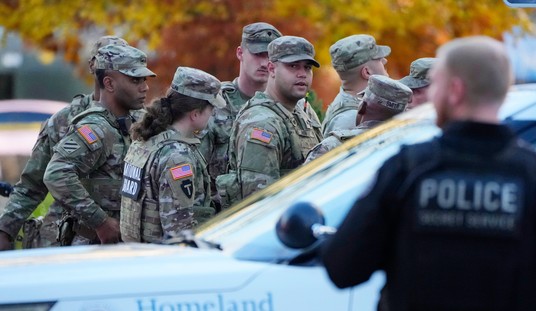The brutal, bloody Lebanese civil war began in 1975 and ended in 1990. The Taif Agreement, signed by all the warring parties, mandated that all militias be disarmed.
The Sunni and Christian militias gave up their arms, as did the Shi'ite militia Amal. But the major Shi'ite militia, Hezbollah, refused to disarm, rebranding itself as "The Resistance" to Israel. Iran took the militia under its wing, where it grew into a worldwide terrorist organization and domestic power center.
Hezbollah was the only non-military group with guns. And as none of the former combatants wanted a strong Lebanese army, the terrorists filled the power vacuum and became a state within a state. On any state matters affecting Shi'ites and Hezbollah, the terrorists held absolute power.
Now, 35 years later, Hezbollah is a shadow of its former self. Its power has been broken by a militarily masterful campaign by Israel that killed its long-time leader, Hassan Nasrallah, as well as his anointed successor, Hashem Safieddine. The war against Hezbollah by Israel was short, but it ended up weakening the terrorists beyond recognition. Along with the weakening ot its terrorist sponsor Iran, the end of Hezbollah as an "armed resistance" to Israel is within sight.
The ending of the most recent war between Israel and Hezbollah resulted in a peace deal that required the government of Lebanon to do what should have been done 35 years ago: disarm Hezbollah. On August 7, the U.S. presented a four-stage plan to accomplish that goal by the end of 2025.
The government approved the plan despite Hezbollah's ministers walking out of the cabinet meeting. The terrorists called the move to disarm them a “grave sin” and vowed to act “as if it did not exist.”
The disarmament plan approved by the Lebanese government is an ambitious one.
Phase 1 of the plan requires the Beirut government to issue a decree within 15 days committing to Hezbollah's full disarmament by December 31, 2025. In this phase, Israel would also cease ground, air and sea military operations.
Phase 2 requires Lebanon to begin implementing the disarmament plan within 60 days, with the government approving "a detailed (Lebanese army) deployment plan to support the plan to bring all arms under the authority of the state". This plan will specify disarmament targets.
The terrorists have rejected the army's plan to disarm Hezbollah. The rejection included a not-so-subtle threat to the Lebanese government.
"This is our nation together. We live in dignity together, and we build its sovereignty together - or Lebanon will have no life if you stand on the other side and try to confront us and eliminate us," Naim Qassem, the terrorist group's current leader, said in a televised speech.
The other two parts of the disarmament plan are more challenging to achieve.
During Phase 3, within 90 days, Israel will withdraw from the final two of the five points it holds, and funding will be secured to initiate rubble removal in Lebanon and infrastructure rehabilitation in preparation for reconstruction.
In Phase 4, within 120 days, Hezbollah's remaining heavy weapons must be dismantled, including missiles and drones.
In Phase 4, the United States, Saudi Arabia, France, Qatar and other friendly states will organise an economic conference to support the Lebanese economy and reconstruction and to "implement President Trump's vision for the return of Lebanon as a prosperous and viable country".
While considerably weakened compared to the Lebanese army, Hezbollah is still the master of arms in Lebanon. Joseph Aoun, the current president of Lebanon, is counting on the desire of all parties to avoid the kind of bloodletting that destroyed the country 50 years ago.
Hezbollah is not known to bluff. If Qassem says that Lebanon will have "no life" if the army tries to disarm Hezbollah, he almost certainly means it. But the question Qassem should be asking himself is, does he really want to rule on top of the ruins of Lebanon? The economy is prostrate, the currency is worthless, inflation is at 14.7% a month, and unemployment is vastly understated at 12%, as most people out of work aren't even looking.
Lebanon is a failed state and will continue to be a failed state until the government solves its Hezbollah problem. So far, the same paralysis that has gripped the country for the last 35 years still has a tight hold on the government.
If Hezbollah has a death wish, it will continue to attack Israel and prevent the government from starting the reconstruction of Lebanon. As true Shi'ite fanatics, the terrorists would prefer ruling the ruins rather than serving the government.










